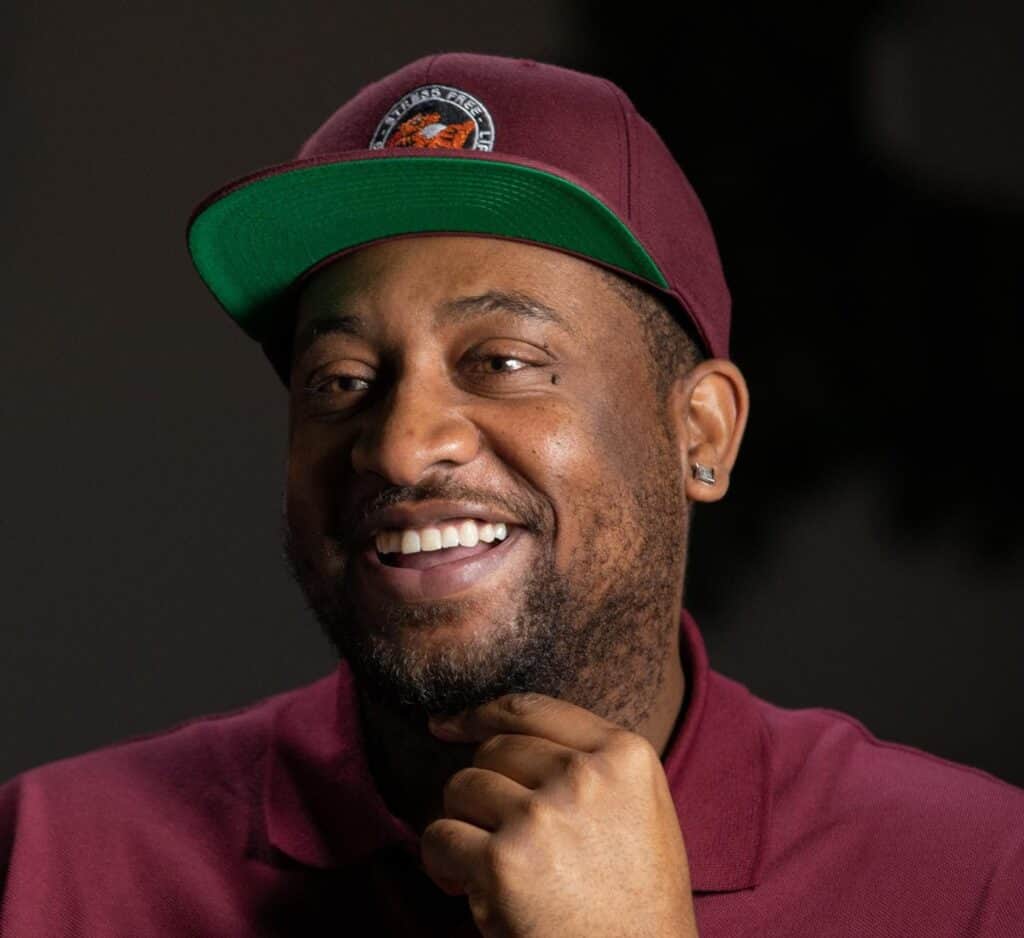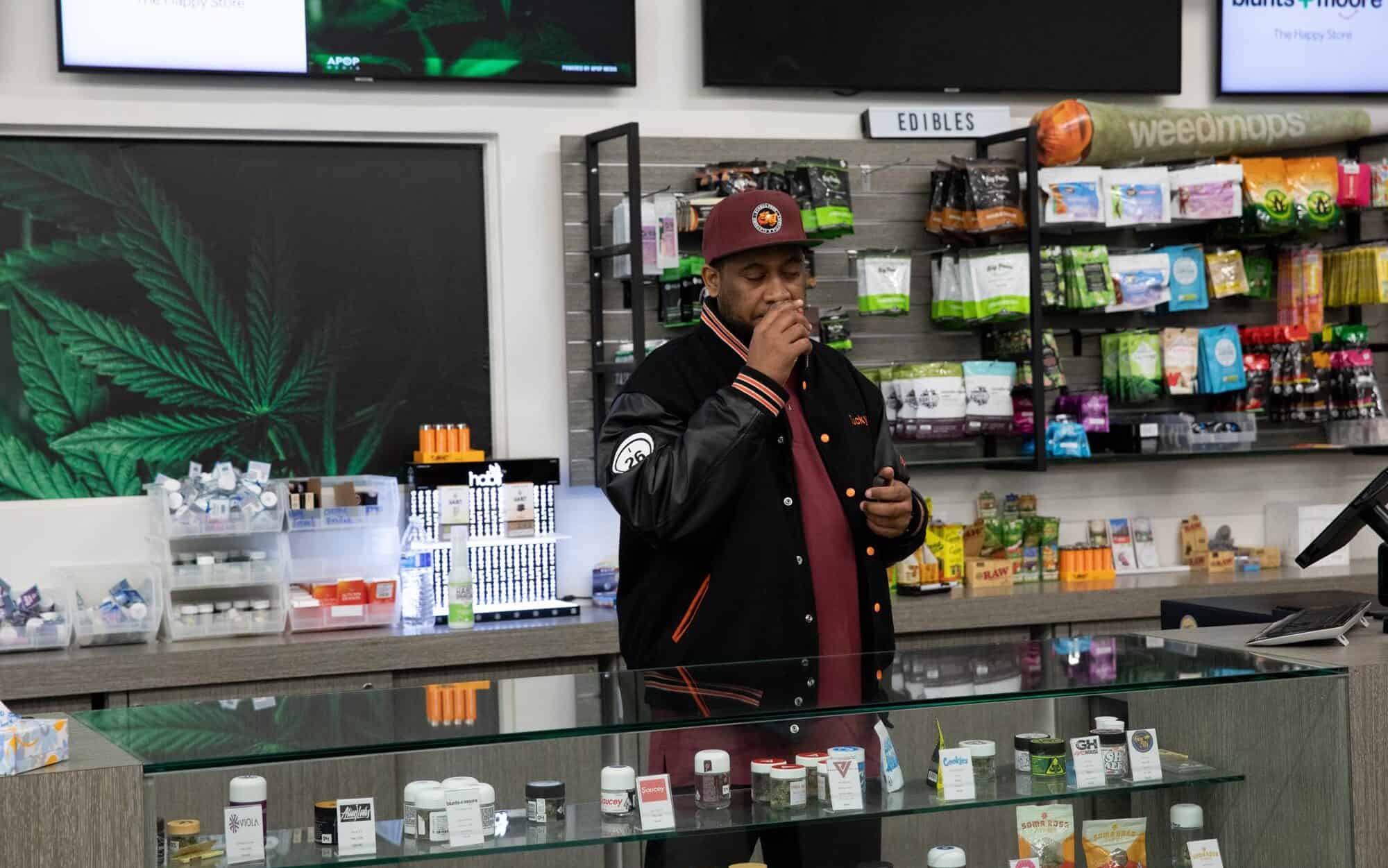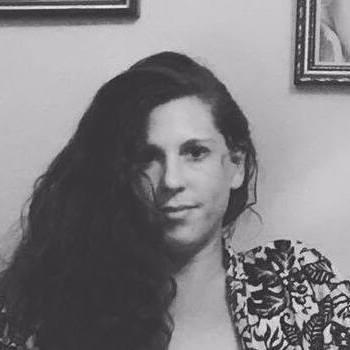For Alphonso “Tucky” Blunt Jr, proprietor of Oakland’s Blunts+Moore, owning a dispensary has always been the dream.
“I first heard about dispensaries in 1999,” he says, remembering Oakland’s first cannabis store, on Telegraph and 19th. His grandmother had a medical prescription, and when she emerged from the discreet location clutching a small bag, he was surprised to learn its contents. “I was like, you bought weed from the store? I couldn’t believe it.” He knew right then and there that this was what he wanted to do. “If I can sell weed and stay out of jail, that’s the way to do it.”
But before the question of equity was introduced into the legalization conversation, the odds were long for would-be Black dispensary owners.
“I was told flat out that Black people would never own in this business,” he says, “and this was someone who was close to me, not hating, just saying it the way it was. But that only made me strive harder.”
Blunt decided that learning the business from the bottom up was the best path to opening his own dispensary. His first foray into the industry was selling to his coworkers at Lucky’s grocery store.
“I made more money selling cannabis to my coworkers than I did at work,” he laughs. But it was still a world away from the growing California legal market. If he wanted to go legitimate, the Bay Area’s cannabis clubs were the place to start. “Vendor or worker, if I was going to be an owner the best way to do that was to learn how it worked,” he says.
Since 1992, when medical marijuana advocates founded the San Francisco Cannabis Buyers Club, the country’s first legal dispensary, cannabis clubs were cornerstones of both the legal market and cannabis culture. In 2003, California developed the medical marijuana identification card system, which simplified regulation, and cannabis clubs became increasingly common.
Blunt started networking with six or seven different clubs, connecting his clients with medical grade cannabis.
“Before I started growing I’d just go straight to the streets and sell it,” Blunt says, illustrating the unique way these clubs served as a bridge between the legal and illicit markets. “They were legal turfs, basically. You could go in there, buy what you want. There were no limits.”

Blunt was also struck by the way they did business. The cannabis clubs operated as nonprofits, referring to themselves as collectives, and they took care to create a welcoming atmosphere. “The clubs back then were cool,” says Blunt. “There were less laws–it was more about compassion. Everything was donation-based, so instead of prices it said “suggested donation.” That’s a big difference a lot of people probably don’t realize. Everything is a price now.”
As inviting as the cannabis clubs were, Blunt couldn’t help but notice that Black ownership was practically nonexistent.
“I noticed I never saw a Black owner,” he says. “All the owners I would see would be of Caucasian descent, or maybe Native American.” Blunt worked hard to get his foot in the door, even attending cannabis school. But he couldn’t seem to make the transition to the legal side. In 2004, Blunt caught his first (and only) cannabis charge. “I got snitched on by one of the people I was buying trees from and I ended up getting sentenced to ten years felony probation,” he tells me. The experience made him feel further than ever from his dream of owning a dispensary, and he decided he’d better consider other options. “I finally gave up. I was tired of trapping, even though it was good money. I stopped messing with the dispensaries and got back into my auto detailing.”
For the next decade, Blunt worked as a specialist clerk for Alameda county and ran his own auto detailing business. The work was steady and it paid well, and for a time he thought his dispensary dream was over. But in 2017 a friend called with some unexpected news: His 2004 brush with the law, the exact thing that had made leave cannabis, could be the thing that would get him back in. His friend knew two women who were looking to open a dispensary, but needed someone with a social equity license. They wanted to know if he would be interested. Blunt didn’t hesitate, and, in 2018, Blunts +Moore officially opened its doors.
The road to Blunts+Moore might have been a long one, but the lessons he learned along the way set him up for success. As Blunt puts it, “Everything I ever learned in my life I apply to this business.” His auto detailing business taught him that few marketing strategies can beat the power of word of mouth, and that the right accounting software can make all the difference. “Me knowing how to run Quickbooks, all came from auto detailing. I worked for Alameda County for ten years, so I can type ninety words a minute. I know the value of these things for any business.” Working the front desk as a county clerk also taught Blunt the importance of customer service.

Blunt doesn’t want his business to be seen strictly as a retail outlet. He sees the dispensary as a fixture of the community. “You want to come in and create that environment. I’m really big on telling my people to greet people when they come in, to never be too short with someone. You have some people who don’t want to talk, and that’s fine, but open up, be resourceful, be knowledgeable. If you’re not sure about something, check with your team members.”
His sense of community is deepened by his experience with the equity program. As Oakland’s only equity cannabis dispensary, Blunt is serious about connecting the public with equity brands. He likes to keep a section of the store devoted to equity and Black owned-brands, as a way to support these businesses and encourage others to do the same. But Blunt is very clear the shopping in the equity section isn’t charity. On the contrary, it’s one of the easiest ways to guarantee you’re buying a quality product.
“I have not had one equity product that I did not like. Not one,” he says. “As equity, we don’t have time to go out there and give a bad product. We are only given one shot, so with that one shot we come out of the gate swinging three times harder than everyone else.” Blunt even hosts a podcast that showcases Black and brown brands as a way to introduce them to the public.
But Blunt also firmly believes that if you want your product to sell, you have to put the time in. He encourages the brand owners he works with to come into the store and interact with the customers. “I want to be able to have my budtenders know your story.” Putting that time in can make all the difference, because at Blunts+Moore, no brand has the luxury of lingering on the shelf. “What I have noticed is if you have too much product it sits. So ideally I want four or five products out for about two weeks, and we’ll see how they go.” He says if the shop occasionally runs out of something a customer is looking for, it keeps them interested and open to trying new things.
At the end of the day, his retail model is built around the quality of the product. Blunt believes that no matter what it says on the package, he’s the one ultimately responsible for the customer’s experience. “Everything is about packaging now. Me personally, I’m old school- just give me a zip lock bag and let’s go. For me it’s still about the product– how it tastes, how it smells, how it looks.” As an old-school Oakland cannabis seller, his reputation is always on the line. “Some people are out there going around white labeling any product, putting their stamp on it. We’re from the cannabis community, so we’re making sure it’s coming out fire every time.”
Blunt’s community ethic is something he brings both from his neighborhood roots and his experience with the old cannabis clubs. He wants to help that compassionate business model make a comeback. “Cannabis clubs are supposed to be a collective–happy people coming in to talk about cannabis. It’s not always like that, but I feel Blunts +Moore is a community brand.”
One way he encourages community is by welcoming local vendors from outside the cannabis industry. “Every week we have food trucks come to the store. I don’t charge them a dime to cook, all I ask is that they feed my staff, and then I give them 40% off in the store while they’re onsite cooking.” These experiences help build stronger connections throughout Oakland. While fully committed to cannabis culture, Blunt is always looking out for his city. “I’ve had a flea market at the store with fifteen different vendors all from Oakland. That’s the community I come from.”
Blunt’s tight-knit Oakland upbringing taught him the value in trusting your instincts. “I’m a real big vibe person,” Blunt says. “I’m old-school. I want to be able to sit down, have a face-to-face convo.” Blunt applies this philosophy to his relationship with his staff, from hiring to encouraging them to grow with the business.
His advocacy extends beyond his own immediate community. As a speaker in last summer’s diversity summit at MJ Unpacked California, Blunt told the industry, “If you really want that change, you got to be that change.”
He recently received a call from Amber Littlejohn, the executive director of the Minority Cannabis Association, who is reaching out to equity industry leaders to create stronger networks within the minority communities that bore the brunt of the war on drugs. For Blunt, this is a step in the right direction. “We need to be the ones educating our lawmakers,” he says. “Otherwise it would be like me telling a plumber how to plumb.” Blunt believes that emphasizing community-building in the cannabis space is good for everyone. “To maximize what this plant can do, we have to link together.”




